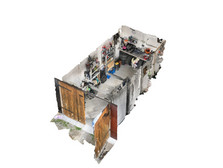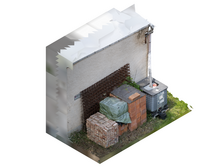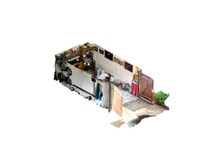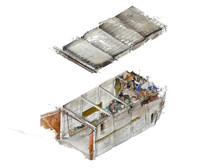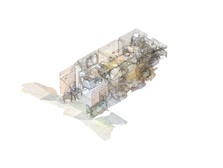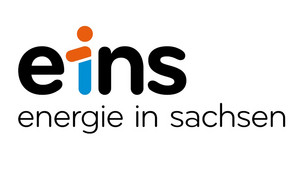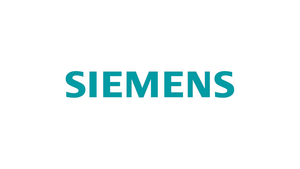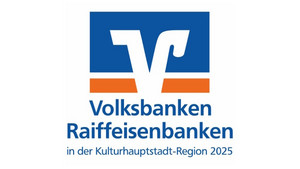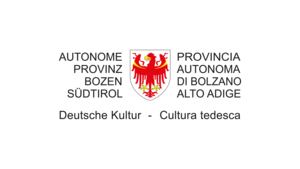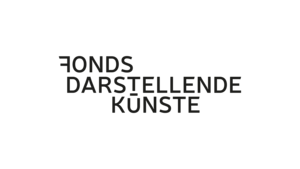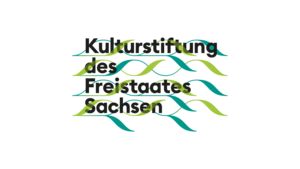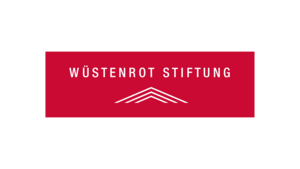On site, the aim was to record the types and structures of the garages, discover and document special architectural features, but also to talk to people and understand the daily interaction in the garage complexes. From small ensembles with five or six garages to the largest courtyards in the city, which hold over 1,000 individual garages, the students got to know not only the diversity of the architectural structure but also a large number of people. What began in some cases with scepticism often ended in a direct exchange and the opening of the garage door and the personal story behind it.
The insights gained in the process form a huge pool of information and building blocks for the #3000Garagen project. The project team and the artists and committed individuals involved are still drawing from this pool to develop the cultural and artistic formats for the Capital of Culture year.
At the end of the project week, the 55 groups of two presented a short, concise experience from the week to their fellow students and new acquaintances from the garage courtyards and accompanied it with photo, video or audio material.
The student surveying campaign was organised by Prof. Dr des. Luise Rellensmann and Dipl.-Ing. Architect Jens Casper and was carried out with the support of architects Jonathan Banz and Kristof Schüßler as well as Lukas Strasser.
Parallel to the mapping of the garages, a further research project took place: In the context of his cultural management studies at the International University Dresden, Benjamin Gruner made observations for his master's thesis that examined the potential of the Chemnitz garages as places for socio-cultural activities.
![[Translate to Englisch:] [Translate to Englisch:]](/fileadmin/_processed_/f/7/csm_DSC00234_9a04aa036e.jpg)
![[Translate to Englisch:] [Translate to Englisch:]](/fileadmin/_processed_/f/7/csm_DSC00234_32179afc94.jpg)
